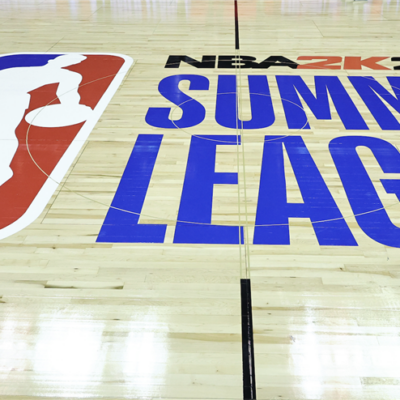Former NHL player Greg Johnson, who played 14 seasons in the league, has been posthumously diagnosed with chronic traumatic encephalopathy (CTE), a brain disease linked to repetitive brain trauma in contact sports.
Johnson’s family and the Concussion Legacy Foundation revealed the diagnosis in a joint statement on Wednesday, five years after his death by suicide.
Johnson’s daughter, Carson, used the occasion to challenge the NHL’s stance on CTE. The league has yet to acknowledge a link between repeated brain trauma and the disease.
“I had no idea what CTE even stood for when my dad took his life,” Carson said in a statement released by the Boston-based Concussion Legacy Foundation. “Now, understanding that the hits he endured throughout his hockey career damaged his brain, I want all athletes to understand the risks. I want the NHL to start acknowledging it exists and do more to protect its players so other daughters don’t have to lose their fathers.”
Johnson, a native of Thunder Bay, Ontario, was 48 when he died on July 7, 2019, from a self-inflicted gunshot wound in Rochester, Michigan.
Dr. Ann McKee, director of the Boston University CTE Center, diagnosed Johnson with CTE but could not definitively stage it due to the manner of death.
“This diagnosis took my breath away,” said Kristin, Johnson’s wife of 22 years, in a statement. “Greg’s death shattered our world, and we never once thought this disease was something he struggled with. He experienced very few symptoms that we knew of, but he spoke of his concussions often.
“I remember the exact moment he told me his heart condition, which forced him to retire, was a blessing because he couldn’t take another hit. He knew his hockey career had a profound impact on his brain.”
Johnson was known as a solid two-way forward and served as the second team captain of the Nashville Predators, playing there from 1998 to 2006.
Throughout his NHL career, Johnson played a total of 785 games with the Predators, Chicago Blackhawks, Pittsburgh Penguins, and Detroit Red Wings. He won a silver medal with Team Canada at the 1994 Olympics in Lillehammer.
Public records indicate that the brains of 17 out of 18 NHL players studied in the U.S. and Canada have been diagnosed with CTE, including Ralph Backstrom, Henri Richard, Stan Mikita, Bob Probert, Steve Montador, and Bob Murdoch. CTE has also been diagnosed in amateur players.
Dr. McKee has noted a selection bias in the data since many families donate brains specifically because the deceased player showed symptoms of CTE.
While the NFL admitted in 2016 that a link exists between repeated brain trauma and long-term neurological disorders, the NHL has denied the connection.
On May 1, 2019, NHL commissioner Gary Bettman told a Canadian parliamentary committee studying concussions in sports that no such association has been established.
“Other than some anecdotal evidence, there has not been that conclusive link… there have not been conclusive determinations,” Bettman testified.




